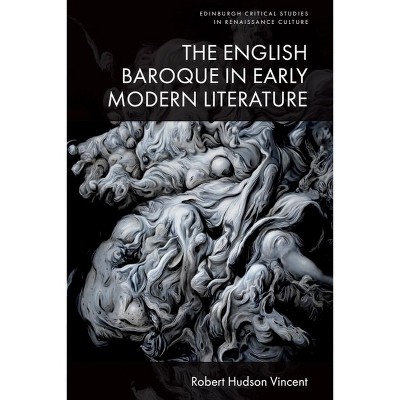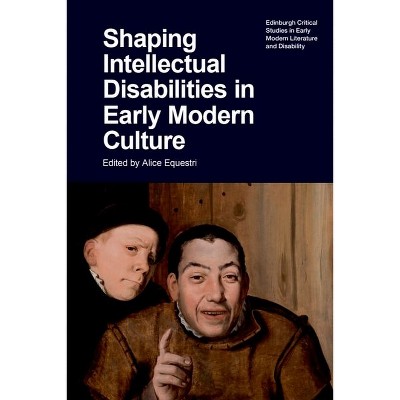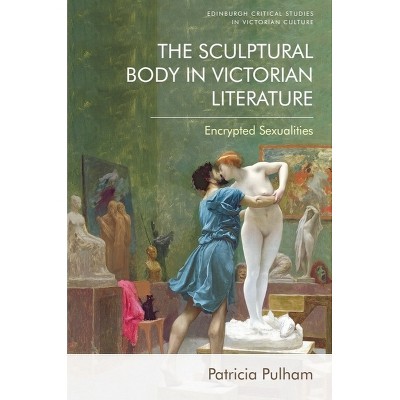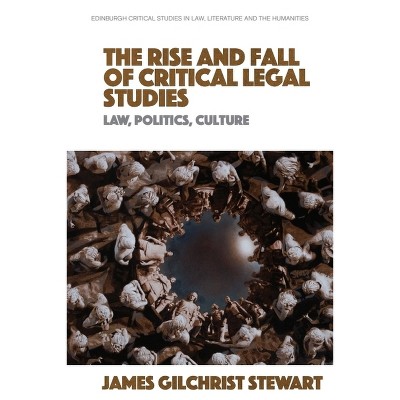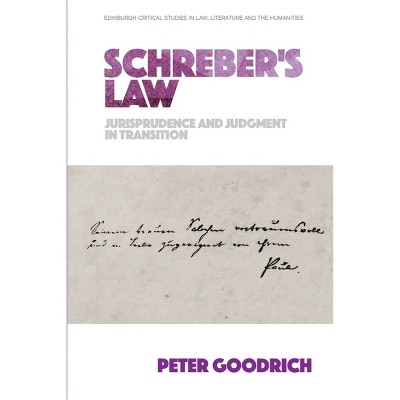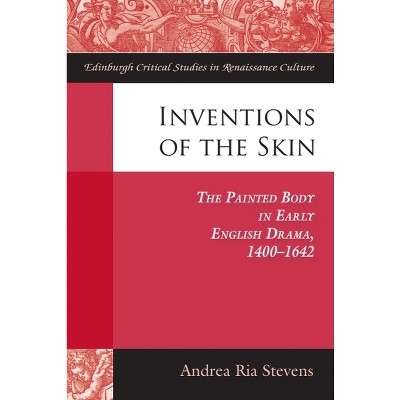Sponsored

Literature, Art and Slavery - (Edinburgh Critical Studies in Atlantic Literatures and Cultu) by Carl Plasa (Hardcover)
In Stock
Sponsored
About this item
Highlights
- Since around 2000, there has been a noticeable upsurge in critical work on the visual archive of Atlantic slavery, resulting in a host of important studies.
- About the Author: Carl Plasa is a Professor of English Literature in the School of English, Communication and Philosophy at Cardiff University, having lectured previously at the Universities of Manchester and Cork.
- 240 Pages
- Literary Criticism, American
- Series Name: Edinburgh Critical Studies in Atlantic Literatures and Cultu
Description
About the Book
Examines a range of literary responses to images drawn from the transatlantic slave trade and its aftermathBook Synopsis
Since around 2000, there has been a noticeable upsurge in critical work on the visual archive of Atlantic slavery, resulting in a host of important studies. While most of these contributions are weighted towards images created during the era of slavery itself, some critics have adopted a more historically far-reaching approach, exploring the ways in which such images live on beyond the original context of their production, circulation and consumption, returning imaginatively in different forms at different times and in different places. This book shares the fascination with the afterlives which such visual materials have enjoyed, but places the accent on how that posterity has evolved in the realms of literature, especially poetry. It focuses on transactions between texts written between the mid-1990s and 2020 and images of slavery that belong to British, American and (in one case) French traditions, as produced between c. 1779 and 1939.From the Back Cover
[headline]Examines a range of literary responses to images drawn from the transatlantic slave trade and its aftermath Since around 2000, there has been a noticeable upsurge in critical work on the visual archive of Atlantic slavery, resulting in a host of important studies. While most of these contributions are weighted towards images created during the era of slavery itself, some critics have adopted a more historically far-reaching approach, exploring the ways in which such images live on beyond the original context of their production, circulation and consumption, returning imaginatively in different forms at different times and in different places. This book shares the fascination with the afterlives which such visual materials have enjoyed, but places the accent on how that posterity has evolved in the realms of literature, especially poetry. It focuses on transactions between texts written between the mid-1990s and 2020 and images of slavery that belong to British, American and (in one case) French traditions, as produced between c. 1779 and 1939. [bio]Carl Plasa is a Professor of English Literature in the School of English, Communication and Philosophy at Cardiff University. He has written numerous essays and articles on British, American, Caribbean and African American Literature, as well as three monographs: Slaves to Sweetness: British and Caribbean Literatures of Sugar (2009); Charlotte Brontë (2004); and Textual Politics from Slavery to Postcolonialism: Race and Identification (2000).Review Quotes
In this ingenious study, Carl Plasa examines how visual images of slavery from the last three centuries reverberate in contemporary literary works, ranging from David Dabydeen's "Turner" to F. Douglas Brown's Icon. While the horrors of the slave trade have often been suppressed by historians, Plasa shows how this suppression has been challenged by influential (and less familiar) artworks and their eloquent afterlives in literature.
--Maud Ellmann, University of ChicagoAbout the Author
Carl Plasa is a Professor of English Literature in the School of English, Communication and Philosophy at Cardiff University, having lectured previously at the Universities of Manchester and Cork. He has written numerous essays and articles on British, American, Caribbean and African American Literature, as well as three monographs: Slaves to Sweetness: British and Caribbean Literatures of Sugar (Liverpool University Press, 2009); Charlotte Brontë (Palgrave, 2004); and Textual Politics from Slavery to Postcolonialism: Race and Identification (Macmillan, 2000). He is currently researching a new book on the Pre-Raphaelites and their legacies from the 1930s to the present day.
Shipping details
Return details
Trending Poetry






